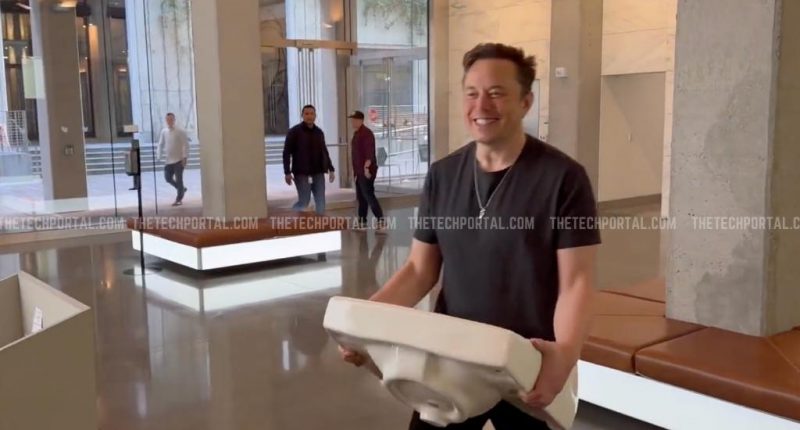In a significant legal victory for Elon Musk and his social media company X, a federal judge recently dismissed a lawsuit alleging that the company owed $500 million in severance payments to thousands of employees laid off following Musk’s acquisition of the social media platform, formerly known as Twitter.
The heart of the legal battle lay in the interpretation of the Employee Retirement Income Security Act (ERISA). The lawsuit was initiated by Courtney McMillian, Twitter’s former head of total rewards, and Ronald Cooper, an ex-manager. The plaintiffs contended that under the federal Employee Retirement Income Security Act (ERISA), the severance plan promised to laid-off employees was more generous than what was actually provided. According to the lawsuit, the former employees were entitled to at least three months of severance pay, along with additional benefits such as contributions toward health insurance. Instead, the laid-off employees received only one month’s pay.
The plaintiffs argued that the discrepancy between the promised and provided severance pay violated ERISA, which sets minimum standards for most voluntarily established retirement and health plans in private industry to provide protection for individuals in these plans. They sought $500 million in unpaid severance as compensation.
On Tuesday, U.S. District Judge Trina Thompson of the Northern District of California dismissed the class-action lawsuit, ruling in favor of Musk and X Corp. Judge Thompson determined that the severance plan invoked by the plaintiffs did not fall under the purview of ERISA because the company had notified employees post-takeover that any layoffs would result in cash payouts only. This notification effectively replaced the severance plan that was in place prior to Musk’s acquisition.
Judge Thompson clarified that ERISA protections did not apply to the new severance scheme because it did not involve an ongoing administrative scheme or offer continued benefits such as health insurance and outplacement services. The ruling emphasized the distinction between the severance plan before and after Musk’s acquisition, leading to the dismissal of the case based on the lack of jurisdiction under ERISA.
The dismissal of the lawsuit is a significant setback for the approximately 6,000 former Twitter employees affected by the layoffs. However, Judge Thompson noted that the plaintiffs might still pursue their claims through other legal avenues. The judge allowed for the possibility of amending the complaint to pursue non-ERISA claims. She indicated that these claims could be considered in conjunction with other ongoing lawsuits against X, which are also seeking compensation for unpaid wages and severance benefits. For Elon Musk, the ruling represents a temporary reprieve from the multitude of legal challenges surrounding his management of X Corp.
This case is one of many legal challenges Elon Musk has faced since acquiring Twitter in October 2022. Following the acquisition, Musk implemented drastic cost-cutting measures, reducing the company’s workforce from approximately 8,000 employees to around 1,500. These actions have triggered multiple lawsuits from former employees and executives. Among these, a notable case involves former CEO Parag Agrawal and other top executives seeking $128 million in severance payments.
In addition to severance-related lawsuits, Musk and his companies, including Tesla and SpaceX, are embroiled in various other legal disputes. These range from allegations of gender discrimination and retaliatory firings to disputes over Musk’s substantial pay package as CEO of Tesla.
The Tech Portal is published by Blue Box Media Private Limited. Our investors have no influence over our reporting. Read our full Ownership and Funding Disclosure →






